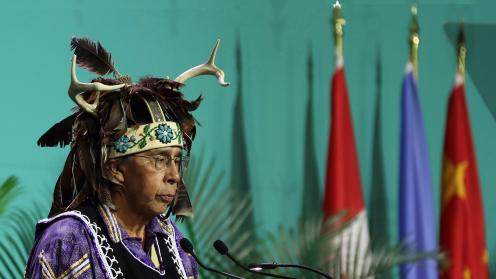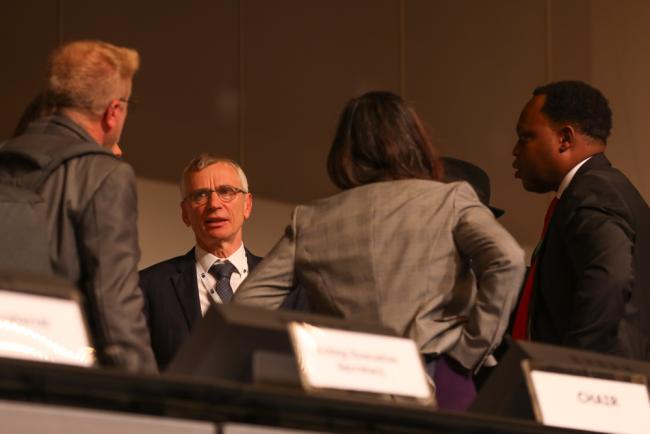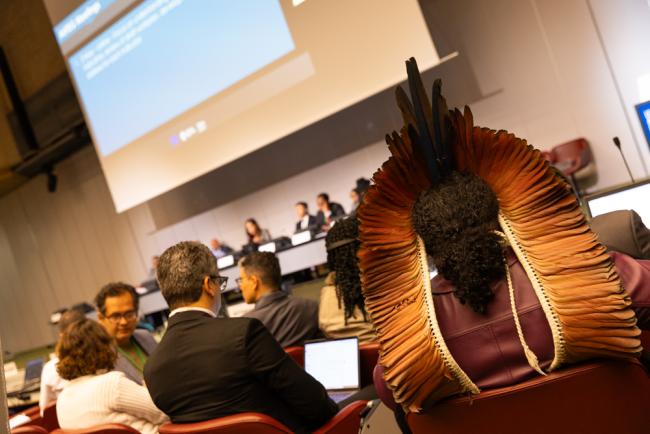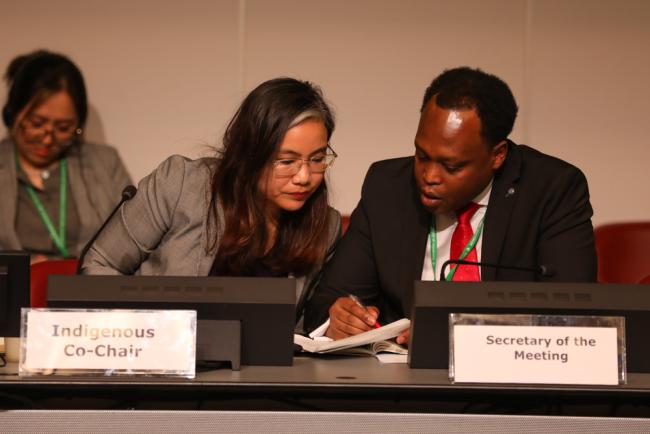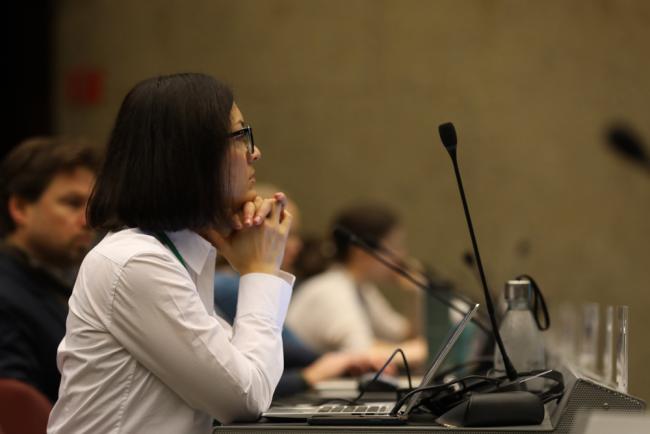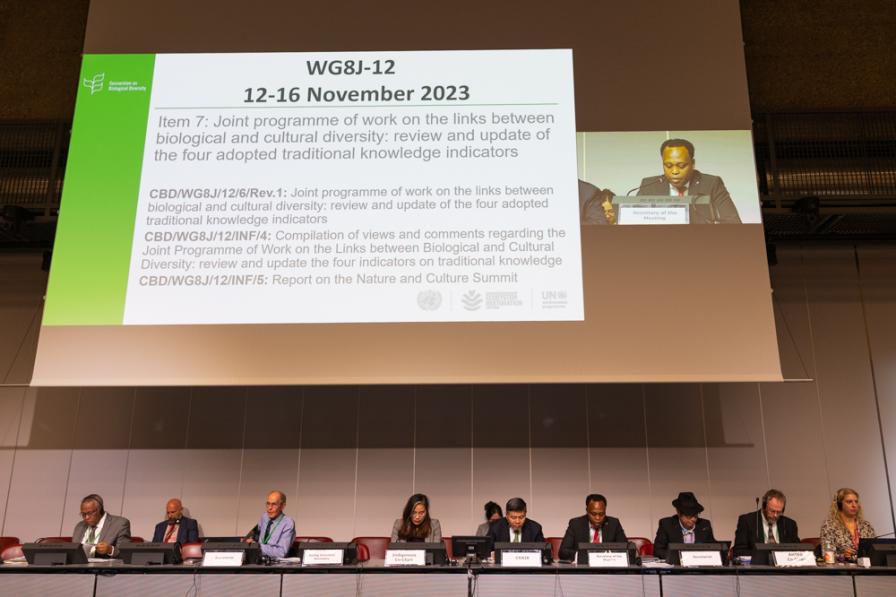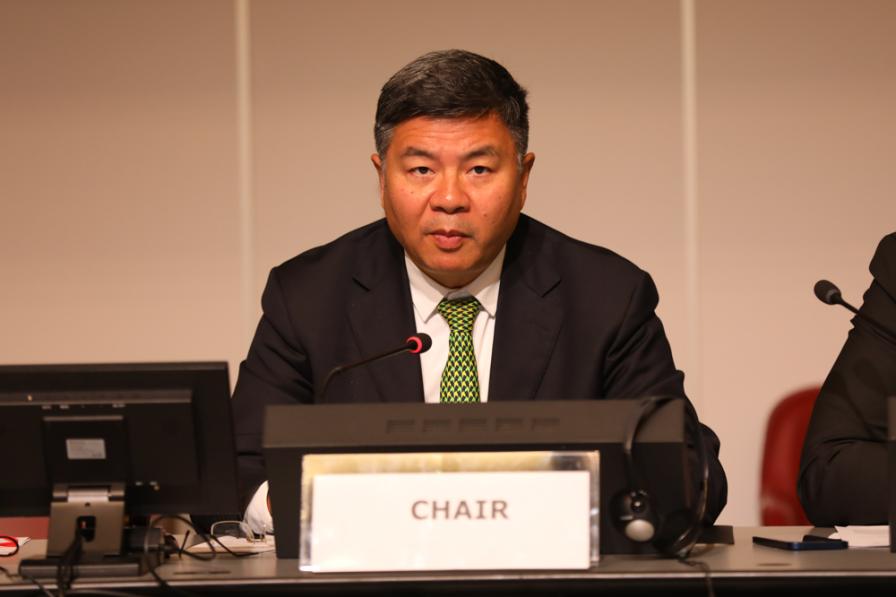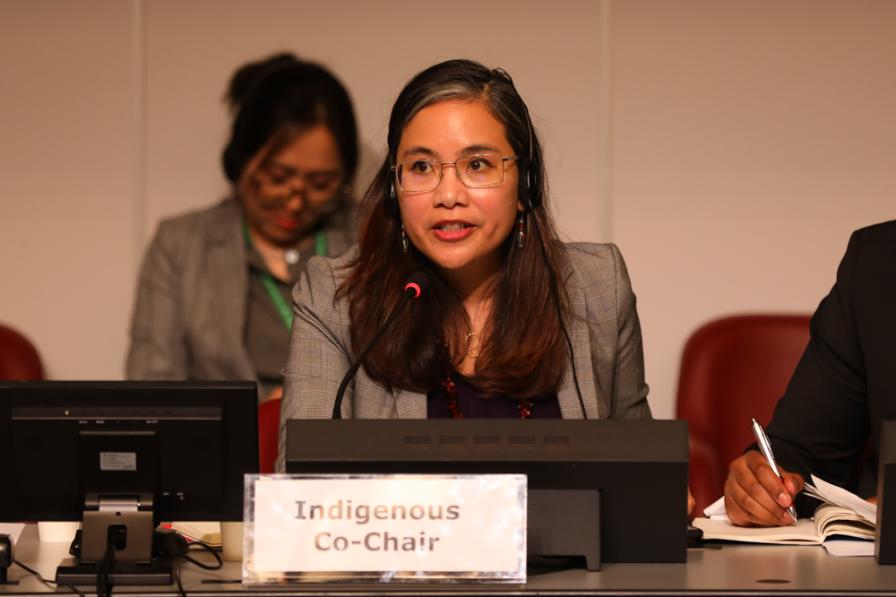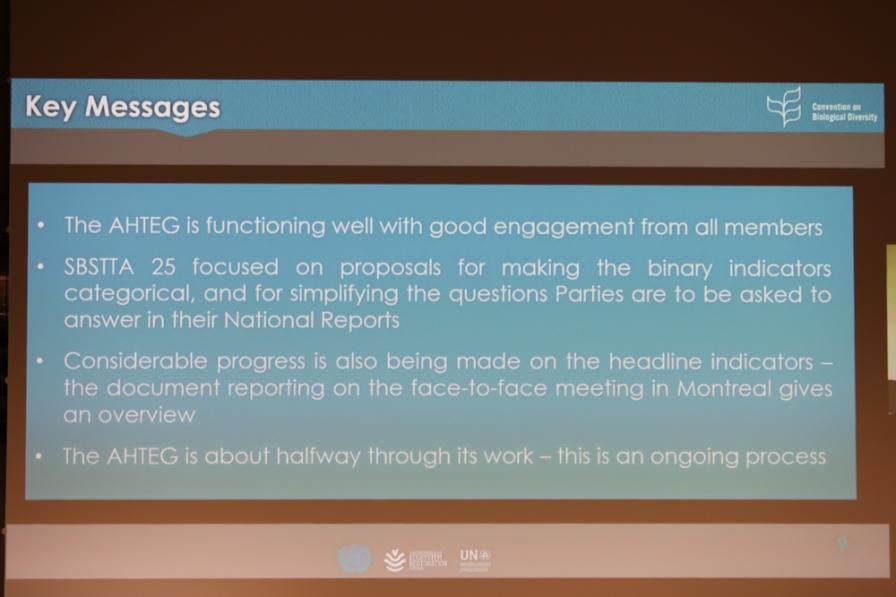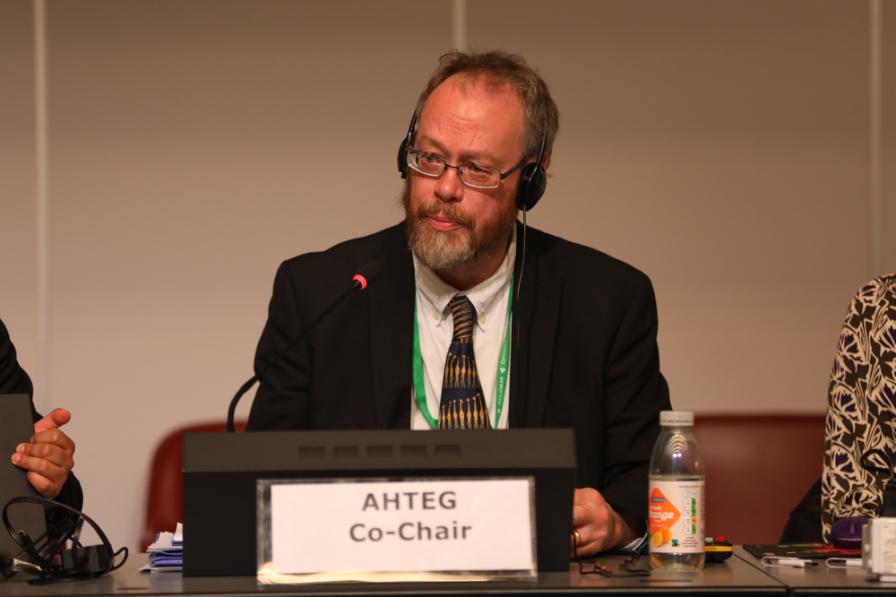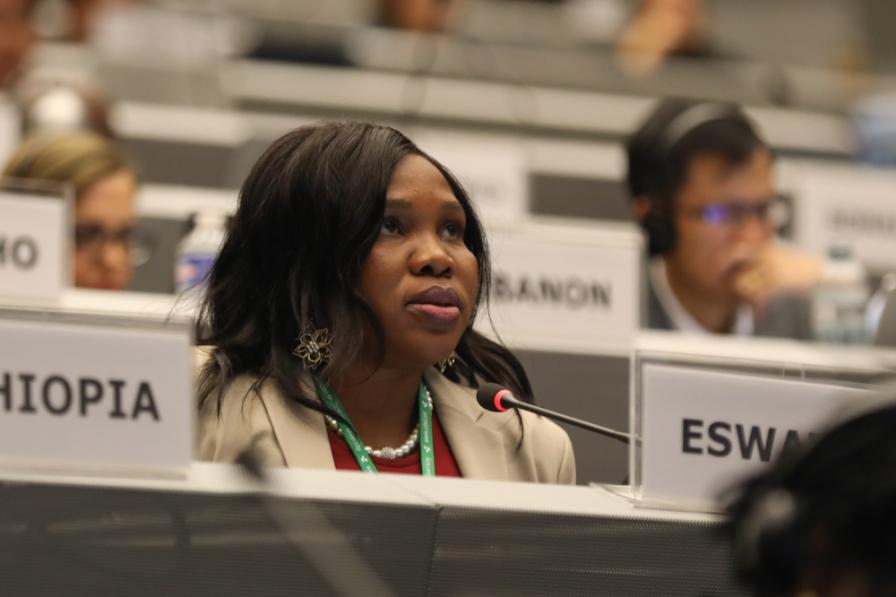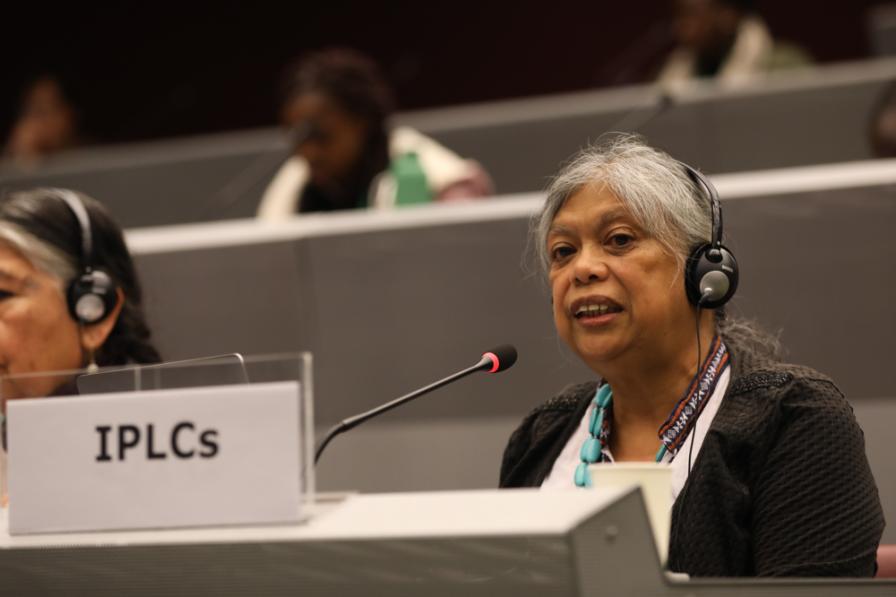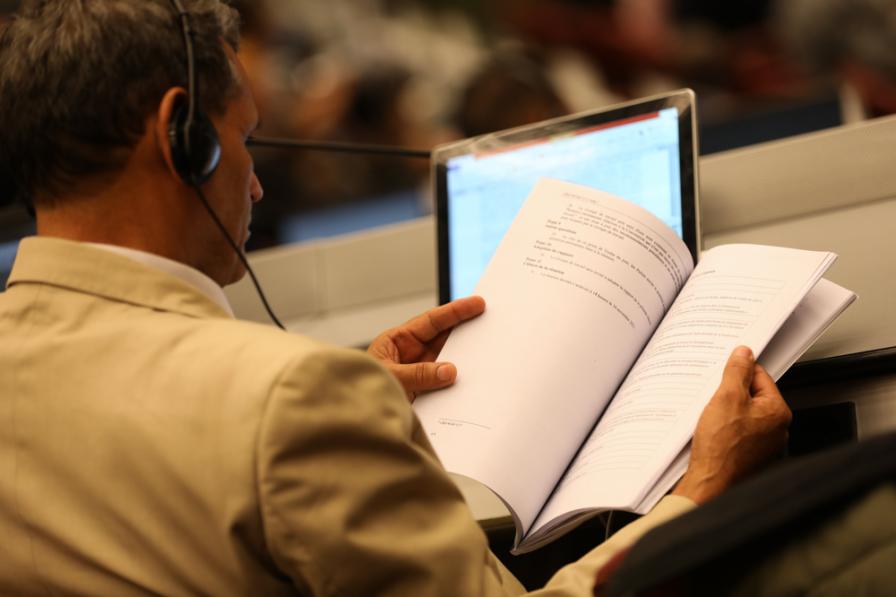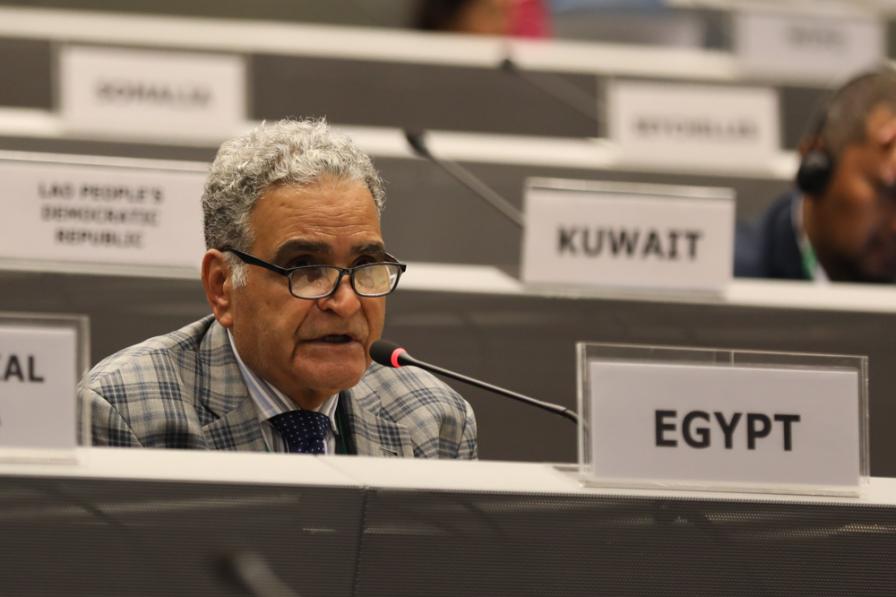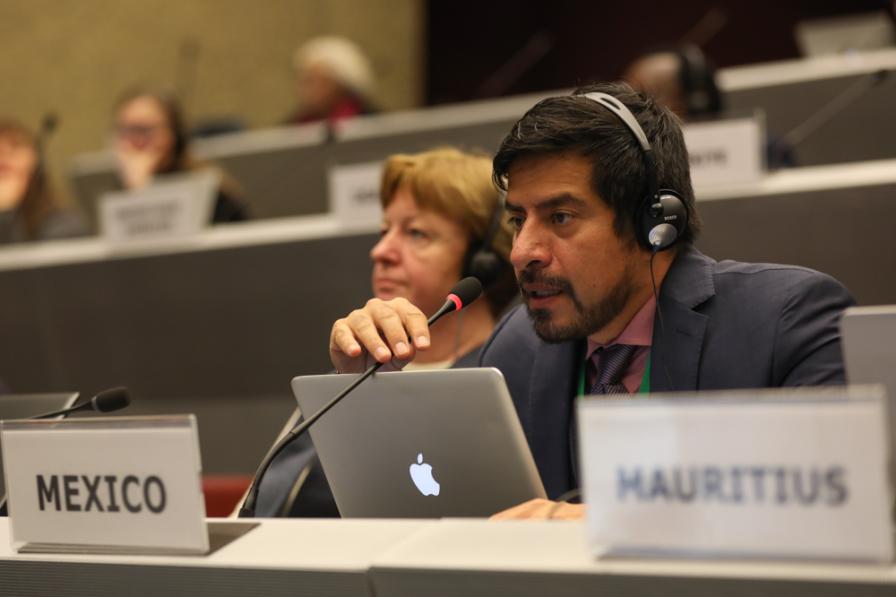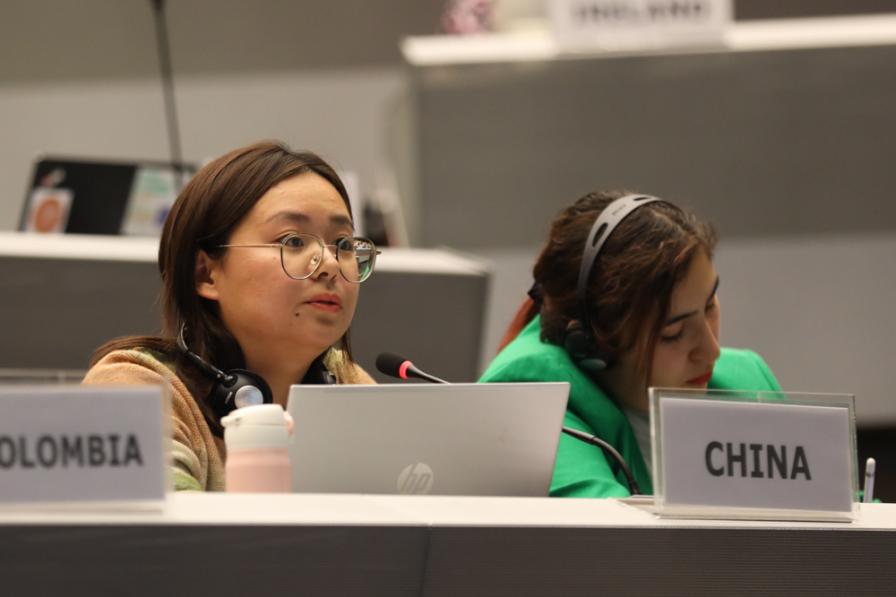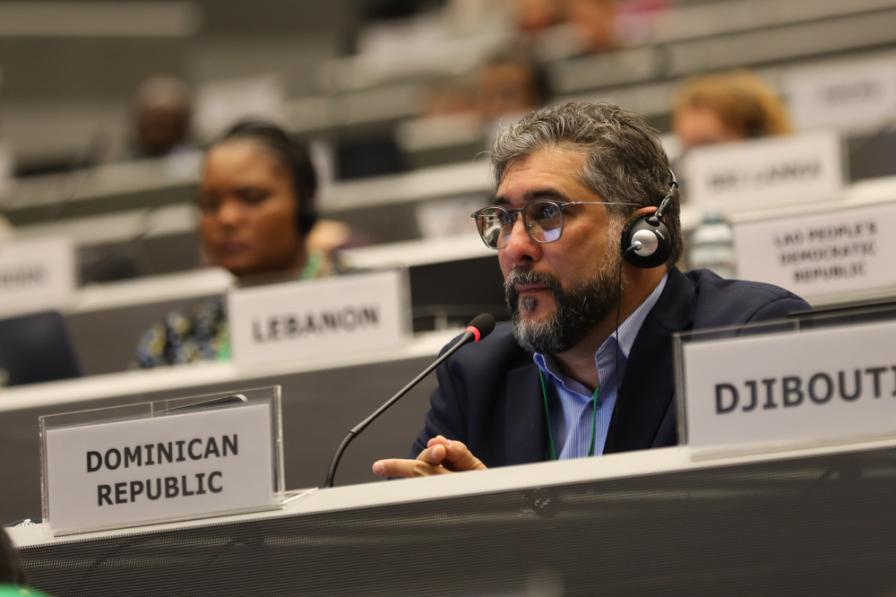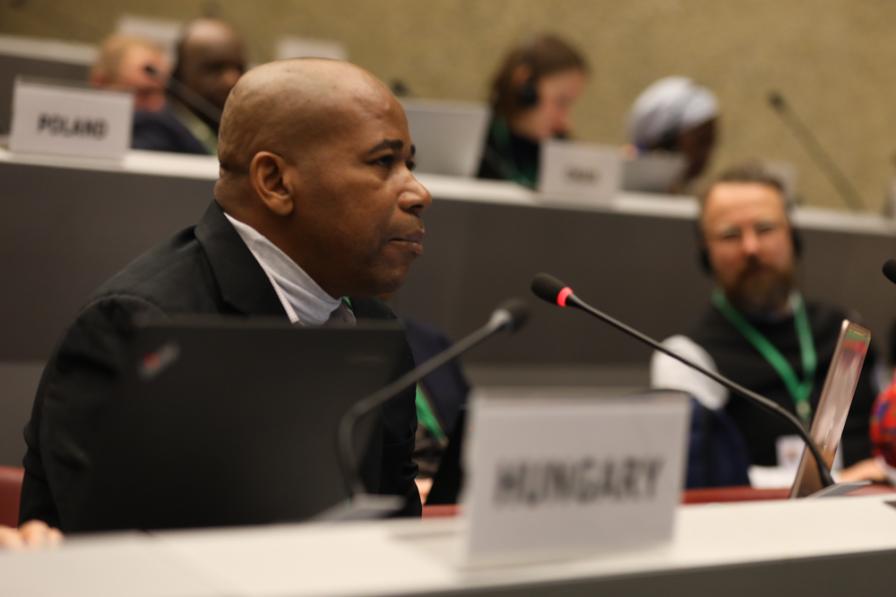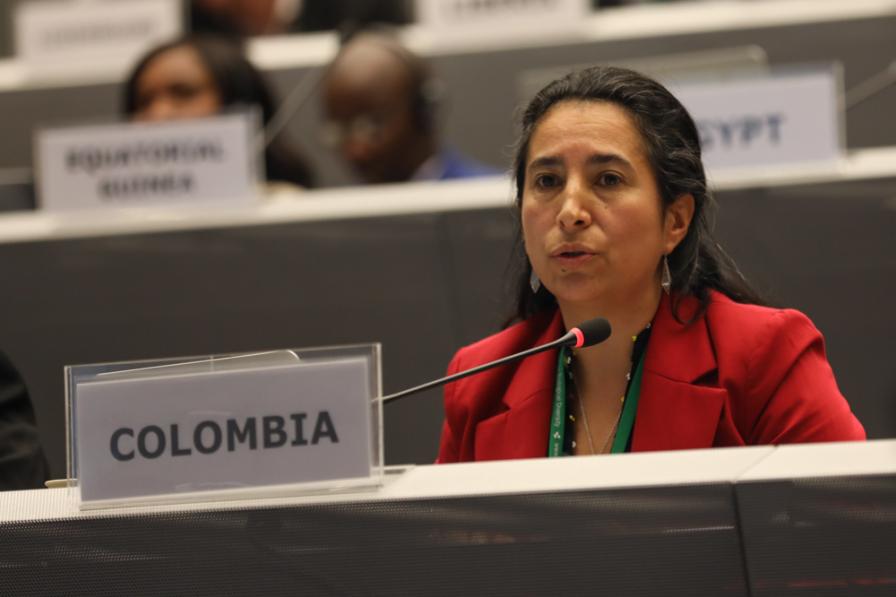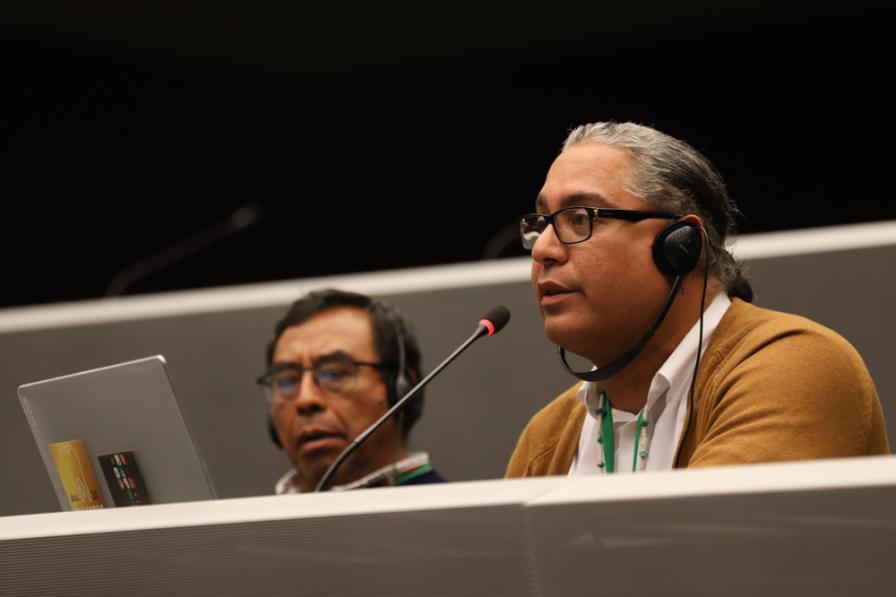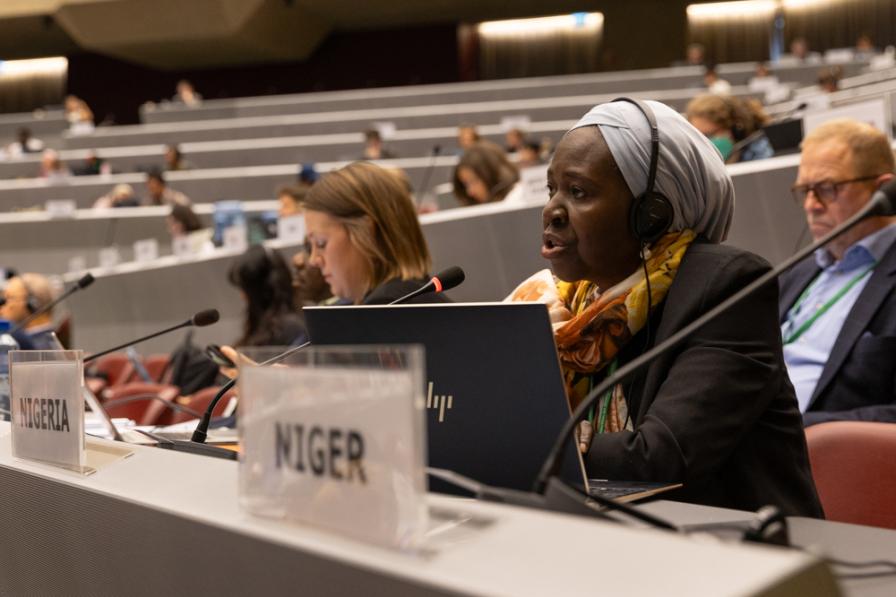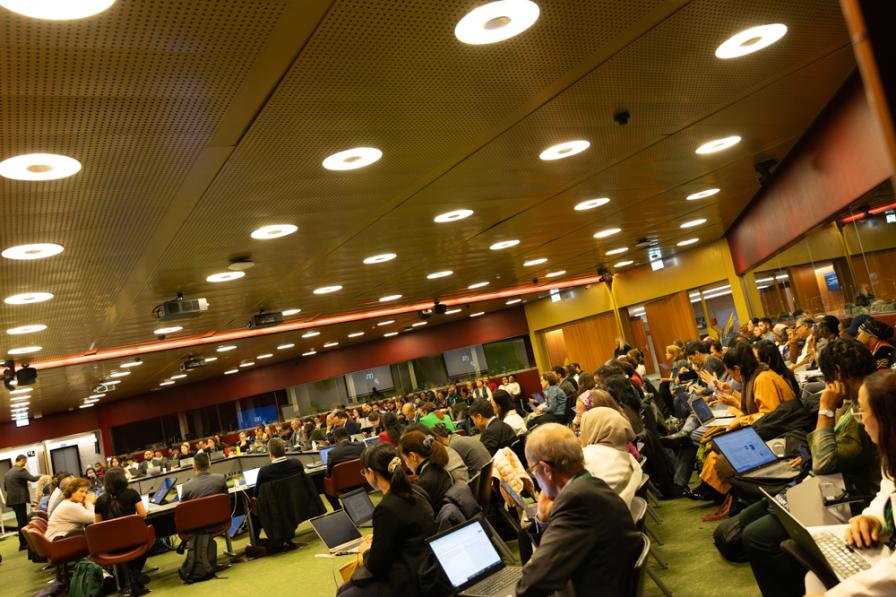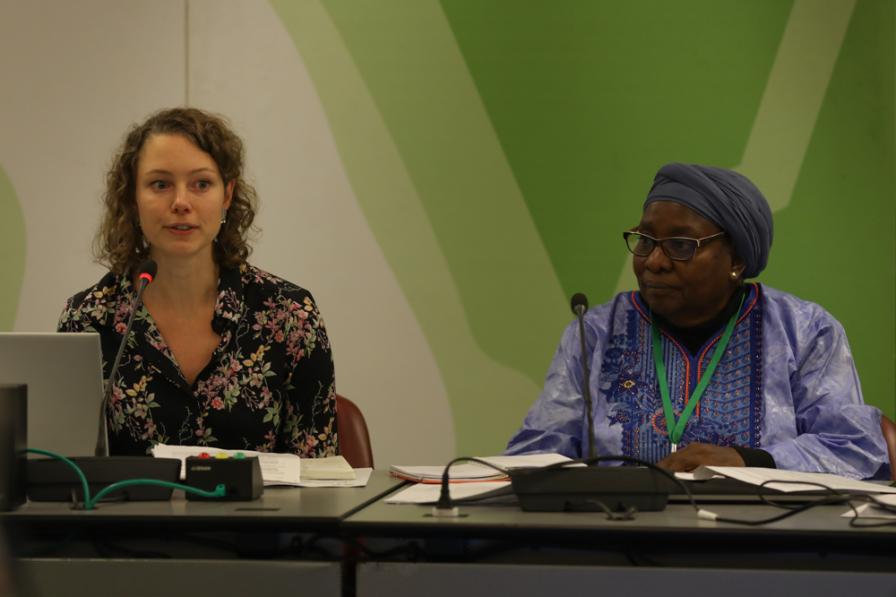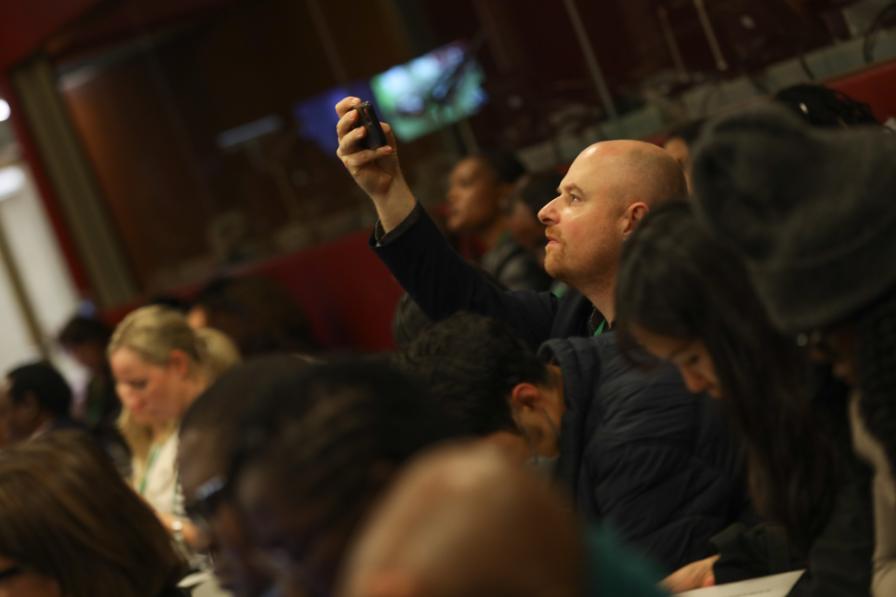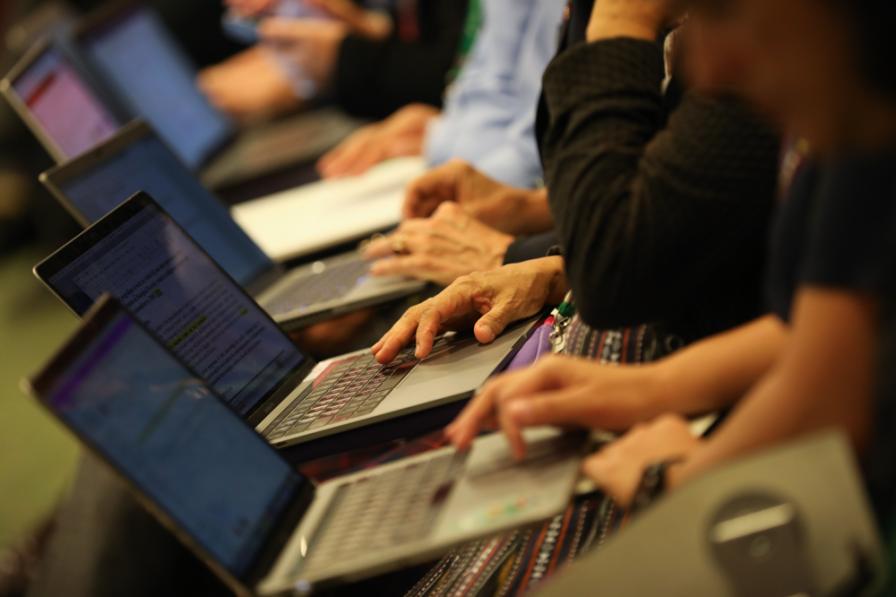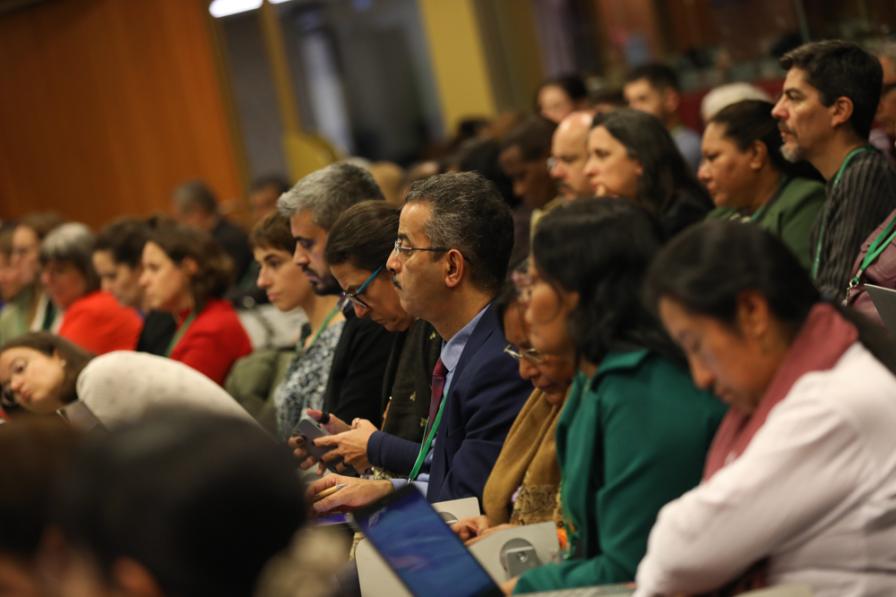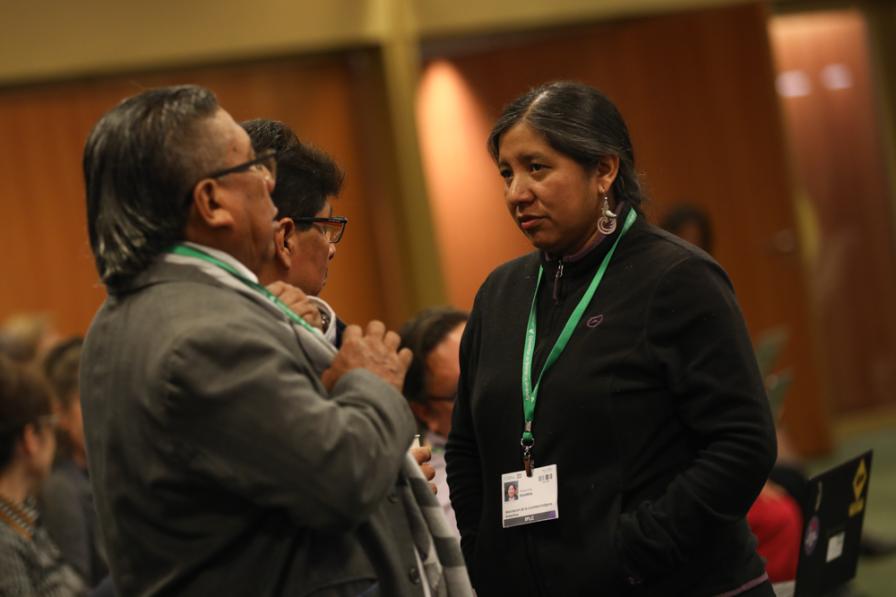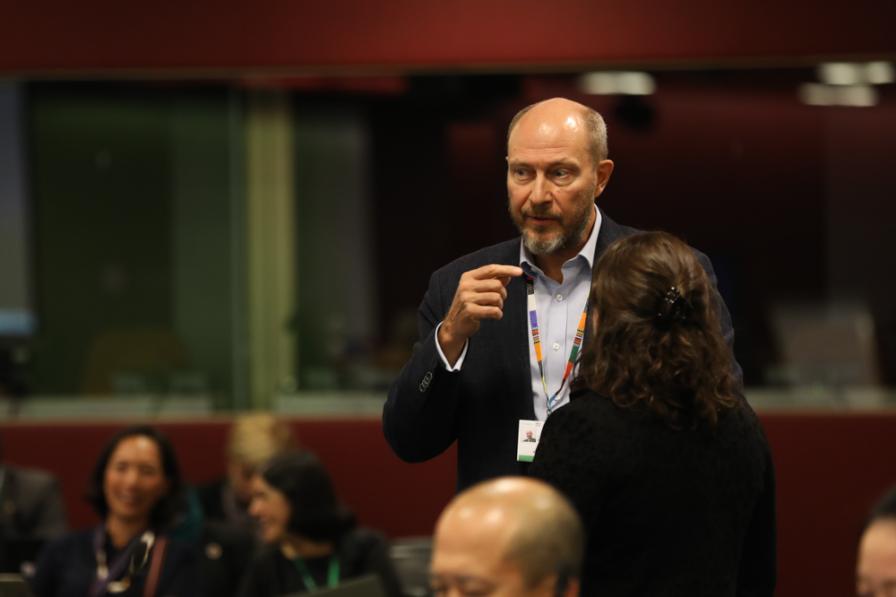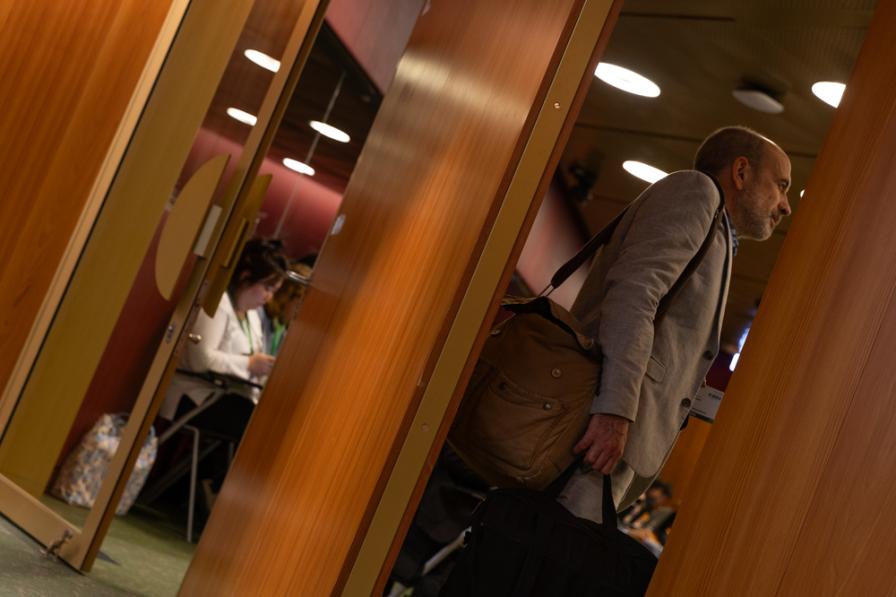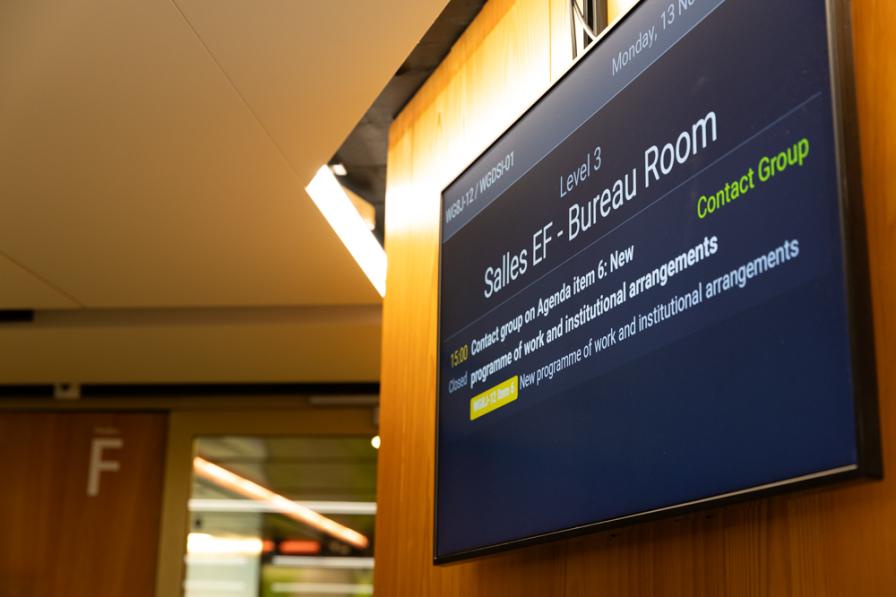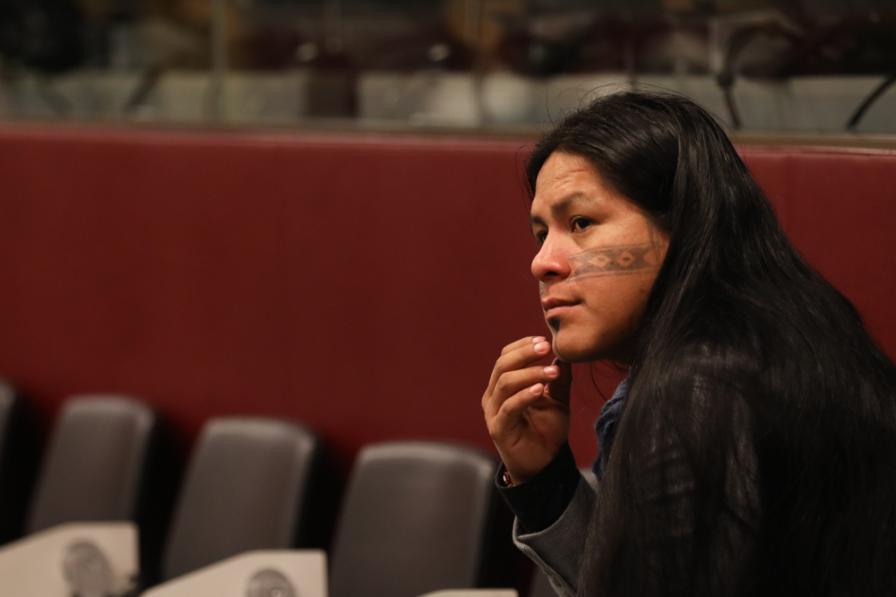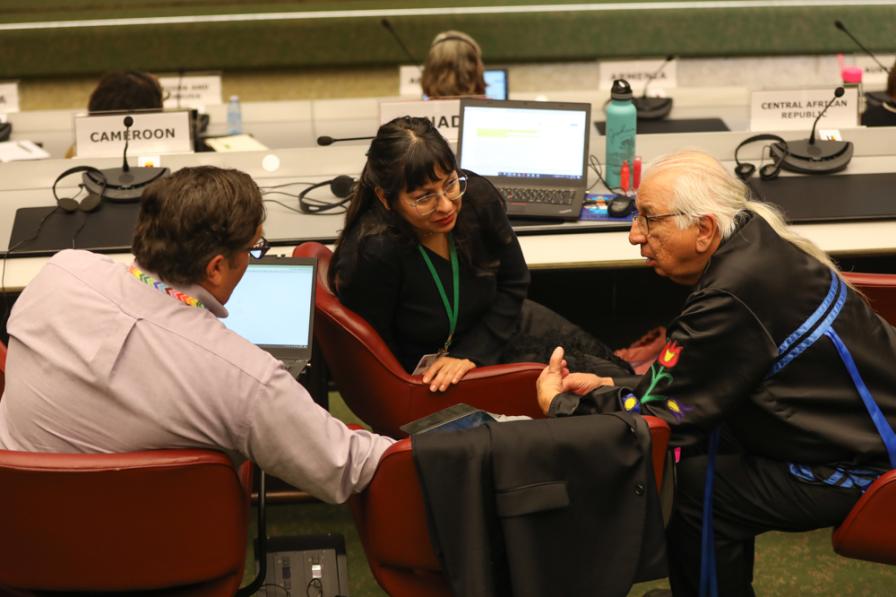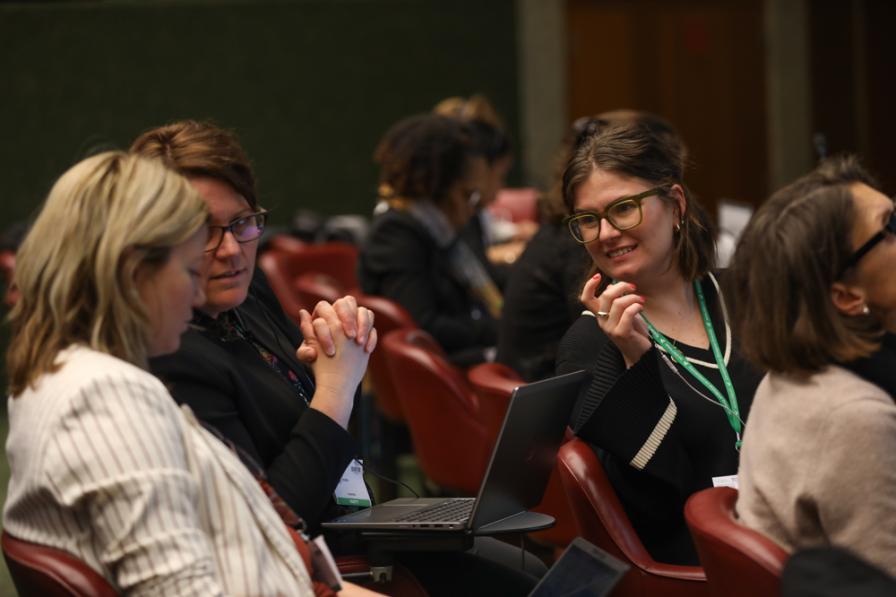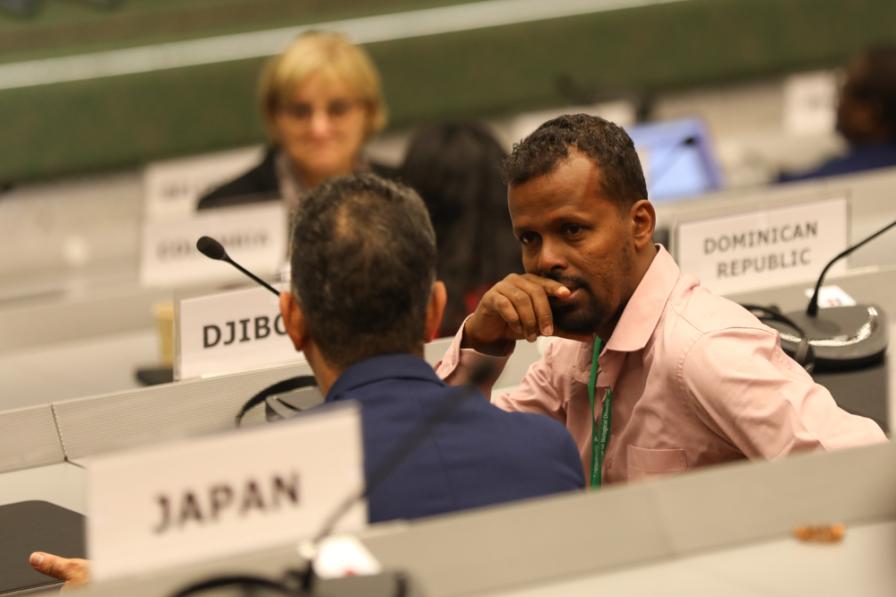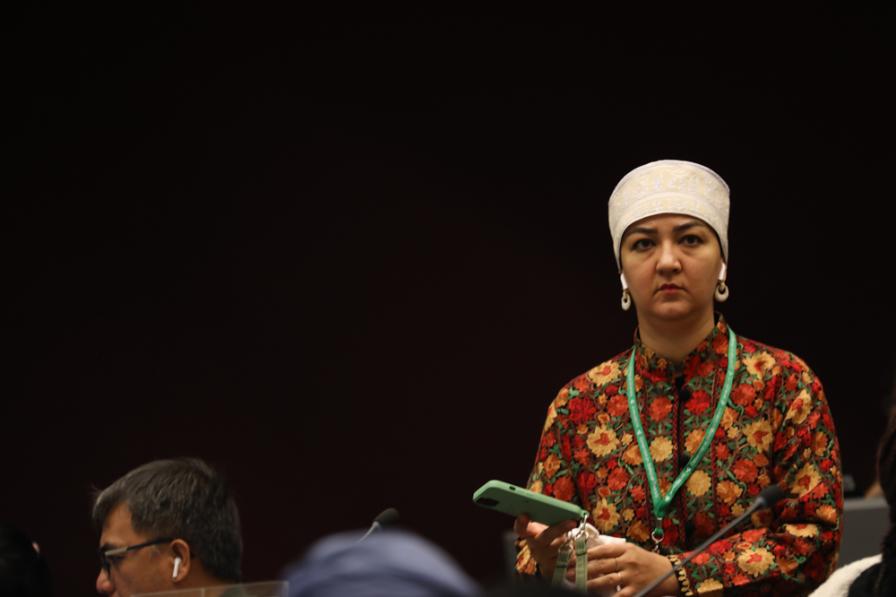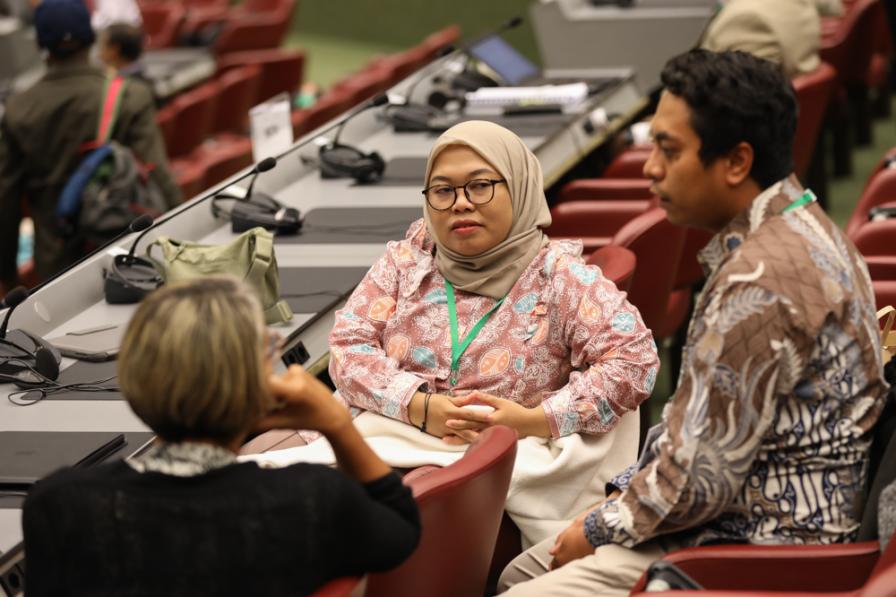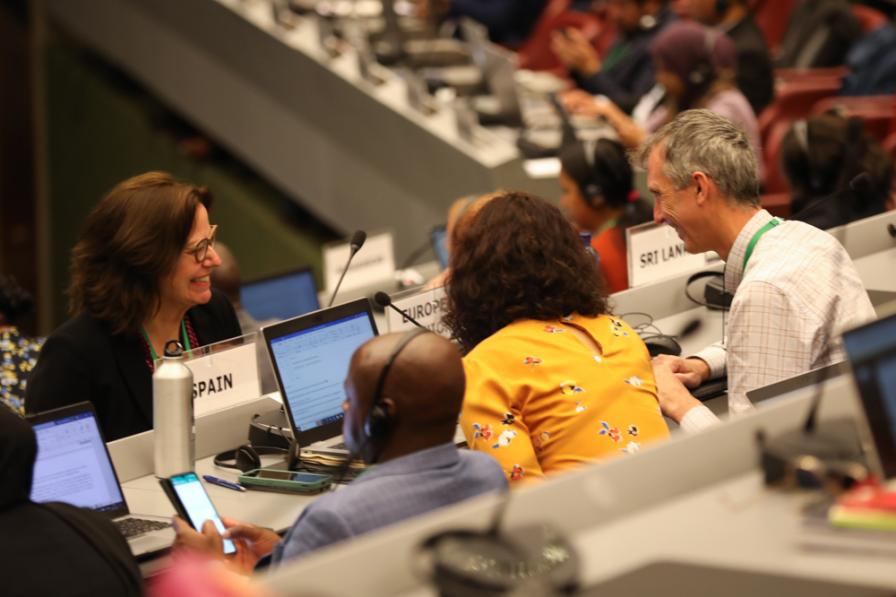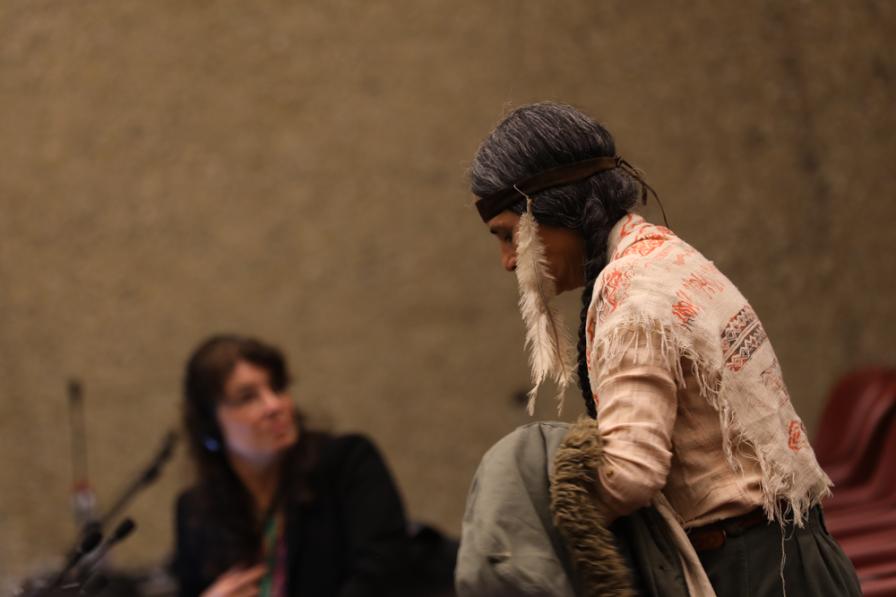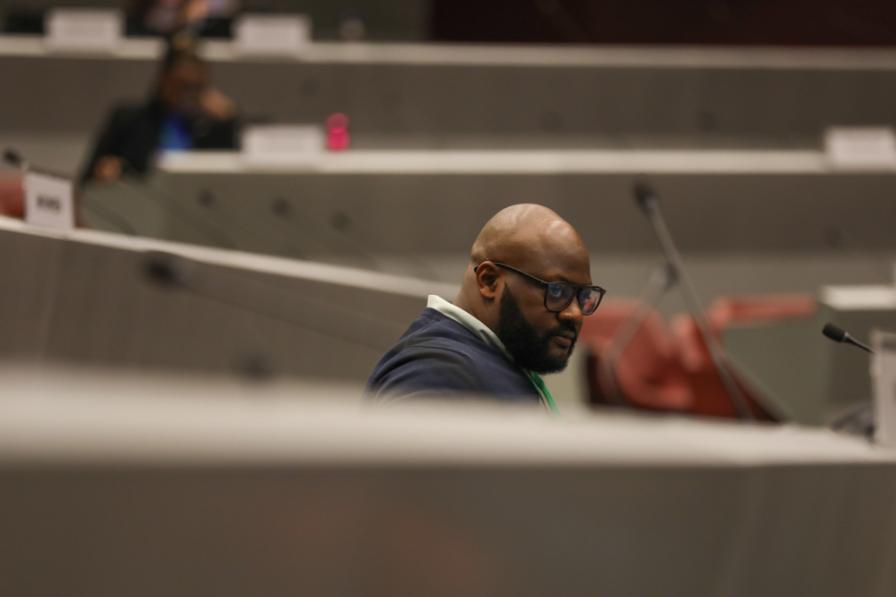What are the most appropriate indicators for traditional knowledge to be included in the monitoring framework of the Kunming-Montreal Global Biodiversity Framework (GBF)? Should Indigenous Peoples be treated differently than local communities, and the combined term “Indigenous Peoples and local communities” (IPLCs) be considered obsolete? Should a permanent subsidiary body be created to replace the Ad Hoc Open-ended Intersessional Working Group on Article 8(j) and related provisions of the Convention on Biological Diversity (CBD)?
These are some of the questions delegates reflected upon and tried to answer during Monday’s deliberations. The Working Group met in the morning to discuss the joint programme of work on the links between biological and cultural diversity, focusing on reviewing and updating the four adopted traditional knowledge indicators, and on developing a set of relevant indicators to be used in the GBF’s monitoring framework.
Want to dig deeper into today's talks? Read the full Earth Negotiations Bulletin daily report.
Delegates addressed the four indicators pertaining to traditional knowledge, namely trends in:
- linguistic diversity and number of Indigenous language speakers;
- change in land-use and tenure in IPLCs’ traditional territories;
- practice of traditional occupations; and
- the degree to which traditional knowledge and practices are respected through full integration, participation, and safeguards in national implementation of the Strategic Plan.
In addition, they listened to the report of James Williams, Co-Chair of the Ad Hoc Technical Expert Group on indicators, on the GBF’s monitoring framework. Delegates and observers discussed headline, binary, and complementary indicators.
They then turned their attention to recommendations from the 20th–22nd sessions of the UN Permanent Forum on Indigenous Issues (UNPFII). Darío Mejía, UNPFII President, drew attention to recent developments towards recognizing Indigenous rights, and highlighted UNPFII’s recommendation that “it is unacceptable to undermine the status and standing of Indigenous Peoples by combining or equating them with non-indigenous entities such as minorities, vulnerable groups, or local communities.”
Some delegates took note of the recommendation; others favored its endorsement, while yet others welcomed further discussions. Some stressed that IPLCs are one single and indivisible unit, and that the suggested distinction will create more problems than it will solve.
In the afternoon and evening, a contact group co-chaired by Lucy Mulenkei (Indigenous Information Network) and Matilda Wilhelm (Sweden) focused on the development of a new programme of work to promote, within the framework of the CBD and in alignment with the GBF, the implementation of Article 8(j) and other provisions of the Convention related to IPLCs. Delegates stressed the need for an action-oriented and inclusive dialogue. They emphasized the importance of maintaining focus on priority tasks most relevant to GBF Targets, including on securing land tenure and governance by IPLCs, and developing necessary guidance to strengthen the legal and policy framework for implementing Target 3 (effectively conserve and manage at least 30% of terrestrial and inland water areas, and of marine and coastal areas through protected areas by 2030).
To receive free coverage of global environmental events delivered to your inbox, subscribe to the ENB Update newsletter.
All ENB photos are free to use with attribution. For CBD Article 8(j) and DSI, please use: Photo by IISD/ENB | Kiara Worth.
